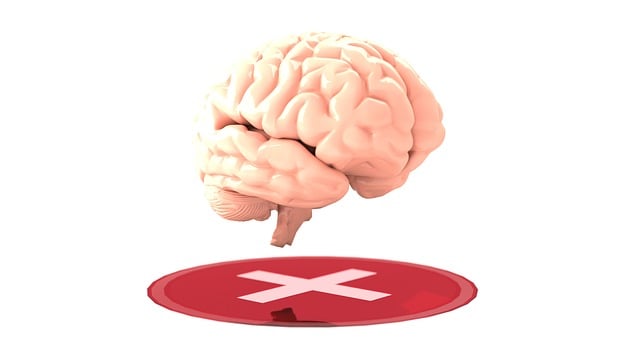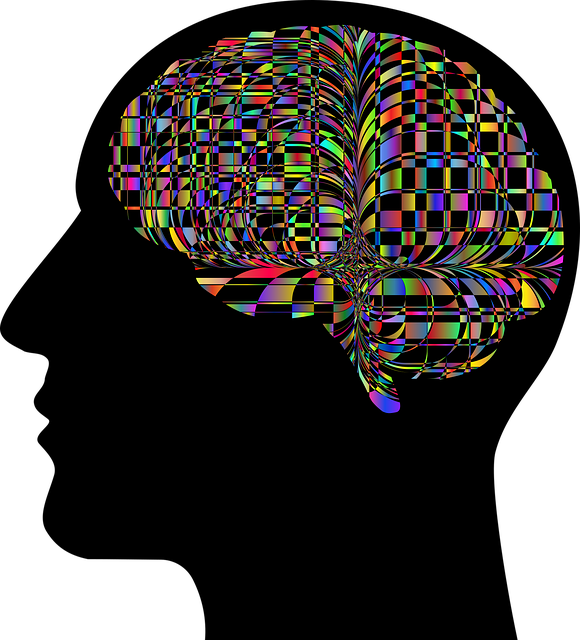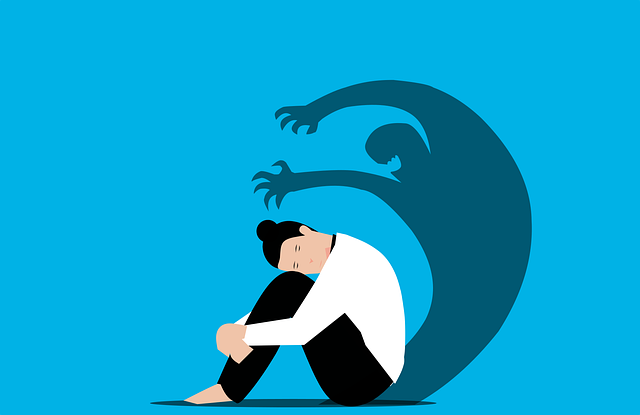Lafayette Obsessive Compulsive Disorder (OCD) therapy combines cognitive-behavioral therapy (CBT), exposure and response prevention (ERP), and medication. Integrating these techniques reduces OCD symptoms, improves emotional well-being, and enhances risk management in mental health. Addressing co-occurring depression further strengthens treatment outcomes. Self-care practices are increasingly recognized as supportive components alongside professional treatment for OCD.
Mental illness diagnosis accuracy, particularly for conditions like Lafayette Obsessive Compulsive Disorder (OCD), is a critical area of focus in healthcare. This article delves into the challenges surrounding OCD diagnosis, exploring misconceptions and barriers that hinder accurate assessment. We present strategies to enhance diagnostic practices, emphasizing the importance of specialized therapy for effective treatment support. By understanding the intricacies of Lafayette OCD, we can improve care, reduce stigma, and ensure individuals receive the appropriate help they need.
- Understanding Lafayette Obsessive Compulsive Disorder (OCD) and its Impact
- Current Challenges in Diagnosis: Misconceptions and Barriers
- Strategies to Enhance Diagnosis Accuracy and Support for OCD Treatment
Understanding Lafayette Obsessive Compulsive Disorder (OCD) and its Impact

Lafayette Obsessive Compulsive Disorder (OCD) represents a mental health condition characterized by intrusive thoughts and repetitive behaviors designed to alleviate anxiety. This disorder significantly impacts individuals’ daily lives, affecting their ability to function normally in various settings, including work, school, and relationships. The impact of OCD extends beyond the individual, often causing strain on family and social networks due to the compulsive rituals that consume significant time and energy.
Effective Lafayette Obsessive Compulsive Disorder therapy involves a multifaceted approach combining cognitive-behavioral therapy (CBT), exposure and response prevention (ERP), and sometimes medication. CBT aims to challenge and change unhelpful thinking patterns, while ERP gradually exposes individuals to feared situations, helping them learn to manage anxiety without performing compulsive rituals. By integrating these techniques, mental health professionals can significantly improve OCD symptoms, enhancing the emotional well-being of affected individuals and promoting effective risk management planning within the mental health sector. Additionally, Depression Prevention strategies often complement OCD therapy, as co-occurring depression is common, addressing it further bolsters overall treatment outcomes.
Current Challenges in Diagnosis: Misconceptions and Barriers

The current landscape of mental illness diagnosis is fraught with challenges that impede accurate assessment and treatment. Misconceptions surrounding various disorders, such as Obsessive Compulsive Disorder (OCD), often lead to delays in seeking help or misdirected therapies. For instance, the stereotype that OCD involves excessive cleaning can prevent individuals from recognizing their symptoms, especially those related to intrusive thoughts, leading to a lag in diagnosis and subsequent Lafayette OCD therapy.
Barriers like these are exacerbated by a lack of understanding among both the general public and healthcare professionals. This results in inconsistent criteria for diagnosis, inadequate training in recognizing subtle symptoms, and an overreliance on quick fixes rather than delving into the root causes, such as exploring the role of mind over matter principles or implementing effective stress management techniques, including crisis intervention guidance.
Strategies to Enhance Diagnosis Accuracy and Support for OCD Treatment

Improving diagnosis accuracy for mental health conditions like Obsessive Compulsive Disorder (OCD) is a multifaceted approach that combines advanced therapeutic techniques with increased public awareness. In recent years, there has been a significant push to enhance OCD diagnosis and treatment, particularly through Lafayette Obsessive Compulsive Disorder Therapy. This involves integrating evidence-based practices such as cognitive behavioural therapy (CBT), exposure and response prevention (ERP), and social skills training to ensure comprehensive care.
Public Awareness Campaigns Development plays a pivotal role in this process by educating the public on OCD symptoms, breaking down stigma, and encouraging early intervention. Additionally, Self-Care Practices are being increasingly emphasized as a supportive component alongside professional treatment. By fostering self-awareness and healthy coping mechanisms, individuals can better manage their OCD symptoms and actively participate in their therapeutic journeys.
Mental health professionals’ efforts to improve Lafayette Obsessive Compulsive Disorder (OCD) diagnosis accuracy are essential in ensuring effective therapy. By addressing misconceptions and implementing strategies like specialized training, advanced assessment tools, and fostering open communication, we can enhance diagnostic reliability. This, in turn, paves the way for personalized treatment plans, significantly improving outcomes for individuals struggling with OCD. Through continued research and collaborative efforts, we move closer to better supporting those affected by this complex condition, ultimately promoting their recovery and well-being.














